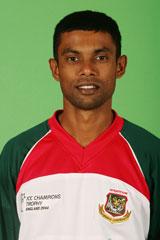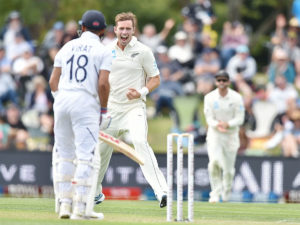ICC
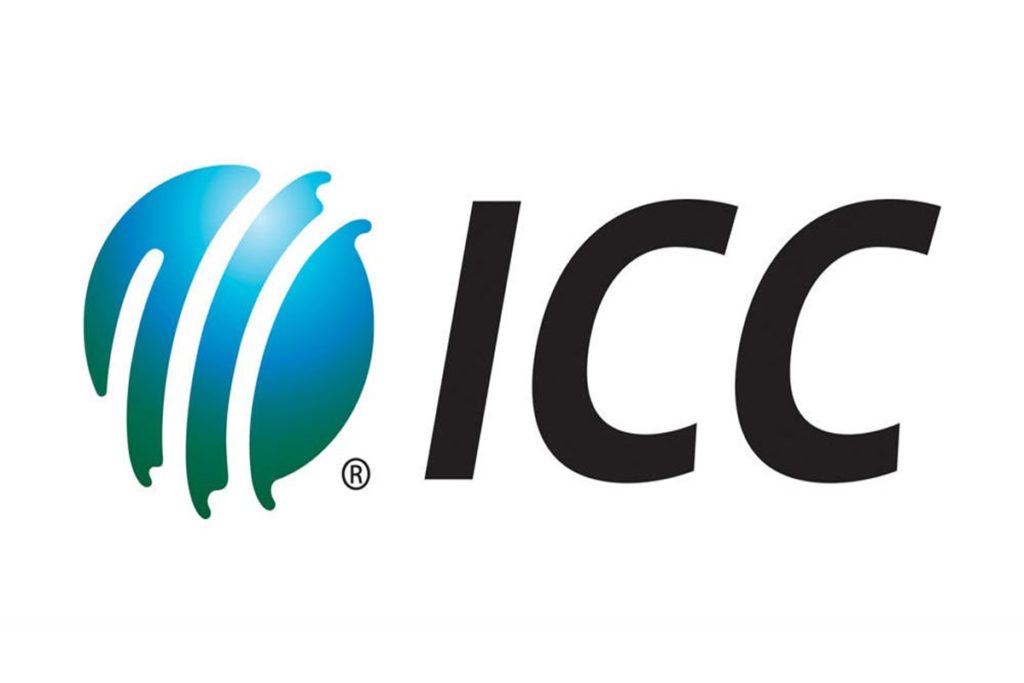
World’s governing body of cricket, International Cricket Council was founded as the Imperial Cricket Conference in 1999 by the representative from the countries such as Australia, South Africa, and England. It was later renamed in 1965 as International Cricket Council. The year 1989 saw ICC taking up its current name as International Cricket Council.
International Cricket Council has the responsibility to conduct big World Championship events as Cricket World Cup, Women’s Cricket World Cup, ICC T20 World Cup, ICC Women’s T20 World Cup, ICC Champions Trophy, and Under-19 Cricket World Cup.
ICC Members
International Cricket Council currently has 104 members countries under its hold, out of which 12 are full member countries. The remaining 92 are Associate member countries. Only the full-member countries has the right to play the truest form of the game i.e., Test Cricket.
ICC Full Members: Following is the list of ICC’s full member countries:
Teams:
- England
- Australia
- South Africa
- West Indies
- New Zealand
- India
- Pakistan
- Sri Lanka
- Zimbabwe
- Bangladesh
- Ireland
- Afghanistan
ICC is also responsible for organizing umpires who will officiate in Tests, ODIs, and T20 matches. It promulgates the ICC Code of Conduct, which sets professional standards of discipline for international cricket, and also co-ordinates action against corruption and match-fixing through its Anti-Corruption and Security Unit (ACSU).
ICC Headquarters
ICC’s headquarter is located at Lord’s Cricket Ground since it’s formation. Since, 1993, ICC has its offices in the ‘Clock Tower’ building at the nursery end of the ground.
In a bid to protect the revenues, ICC created a company by the name of ICC Development International Pvt. Lts. It was established in 1994 and located in Monaco.
In August 2005, the ICC moved its offices to Dubai and subsequently closed its offices at Lord’s and Monaco. The move to Dubai was made after an 11–1 vote by the ICC’s Executive Board in favour.
While the principal driver of the ICC’s move to Dubai was the wish to bring its main employees together in one tax-efficient location, a secondary reason was the wish to move offices closer to the increasingly important new centres of cricketing power in South Asia. Lord’s had been a logical venue when the ICC had been administered by the Marylebone Cricket Club (MCC) (a situation that lasted until 1993). But the growing power of India and Pakistan in world cricket had made the continued control of international cricket by a British private members club (the MCC) anachronistic and unsustainable. A direct consequence of the changes and reforms instituted in 1993 was eventually to be the move away from Lord’s to a more neutral venue
ICC Income Sources
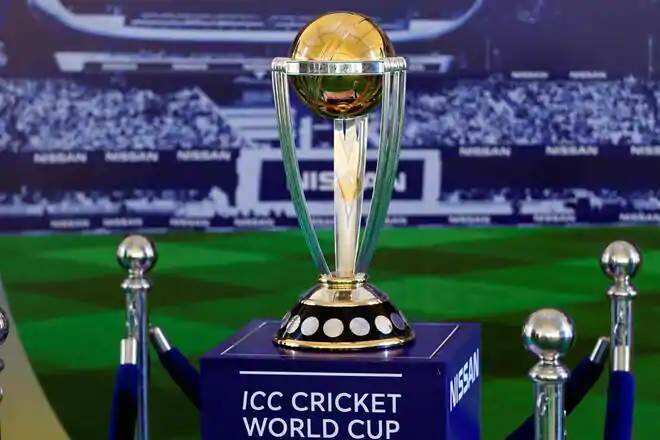
International Cricket Council generates most of its income by hosting tournaments such as ICC World Cup, T20 World Cup etc. The governing body does distribute its income to its members.
Sponsorship and television rights of the World Cup saw ICC raking up US$1.6 billion between 2007 and 2015. By far, it’s ICC’s main source of income.
Interestingly, ICC does not any income from the matches of bilateral series, be it T20s, ODIs or Tests.
In 2007, ICC introduced the T20 World Cup, which became a huge success. ICC has been hosting the tournament ever since after a gap of 2 years.
ICC Umpires and Referees
The ICC has the responsibility to appoint international umpires and Match referees, who officiate at all sanctioned Test matches, One-Day Internationals, and Twenty20 Internationals. Also, the ICC has three panels of umpires, namely the Elite Panel, the International Panel, and the Associates and Affiliates Panel.
ICC Chairman
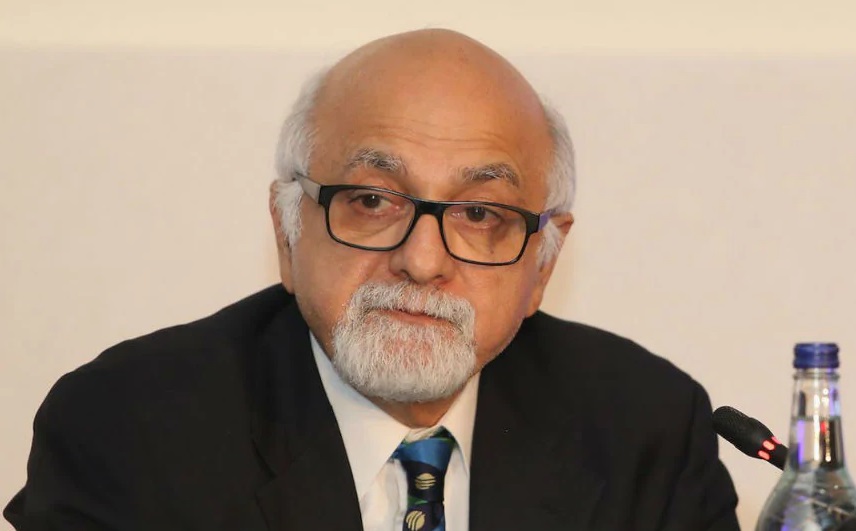
The chairman is the highest position as far as the governing body of world cricket, i.e., ICC is concerned. It was established as the honorary position in 2014 following the revamp of ICC management.
Also, it’s the president which heads the ICC board of directors. Former BCCI president N. Srinivasan became the first ICC president in the year 2014. So far, a total of three chairmen has been made. N Srinivasan served the position between 26th July 2014 and 9 November 2015. Shashank Manohar then became the second chairman, who served between 22 November 2015 and 30 June 2020. The current chairman of ICC is Imran Khawaja. He took up the position on 1st July 2020.
ICC Governing Bodies
Here’s a look at all the governing bodies of ICC
#World Council: World Council is the ICC’s topmost governing body and is the equivalent of the general assembly of a major intergovernmental organization. It should also be noted that the delegates of the Cricket World Council are business executives and not governing officials.
#Chairman and secretary-General: The chairmanship of ICC consists of the Chairman, his/her immediate predecessor, and the Vice-Chairs. ICC’s Secretary-General, appointed by the World Council, heads the International Secretariat and works closely with national committees to carry out ICC’s work program.
#ICC Executive Board: The Executive Board has the role of developing and implementing the ICC’s strategy, policy, and programme of action. Also, it oversees the financial affairs of the organization.




